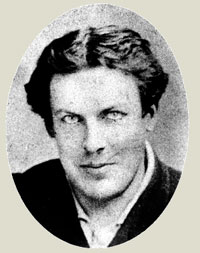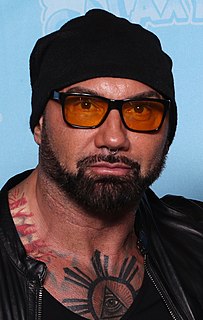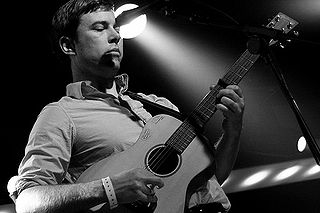A Quote by P. G. Wodehouse
Always get to the dialogue as soon as possible. I always feel the thing to go for is speed. Nothing puts the reader off more than a big slab of prose at the start.
Related Quotes
The pressure is always stepping on stage with actors who are just so well-established. It's a scary thing. I haven't been around the block that many times, especially not on big projects. Dialogue makes things easier. When you start bouncing dialogue off of other actors, it becomes comfortable; it becomes conversational.
This involves more than I can discuss here, but do it. Read the writers of great prose dialogue-people like Robert Stone and Joan Didion. Compression, saying as little as possible, making everything carry much more than is actually said. Conflict. Dialogue as part of an ongoing world, not just voices in a dark room. Never say the obvious. Skip the meet and greet.
I always was interested in prose. As a teenager, I published short stories. And I always wanted to write the long short story, I wanted to write a novel. Now that I have attained, shall I say, a respectable age, and have had experiences, I feel much more interested in prose, in the novel. I feel that in a novel, for example, you can get in toothbrushes and all the paraphernalia that one finds in dally life, and I find this more difficult in poetry.
Notice how every science fiction movie or television show starts with a shot of the location where the story is about to occur. Movies that take place in outer space always start with a shot of stars and a starship. Movies that take place on another world always start with a shot of that planet. This is to let you know where you are. Novels and stories start the same way. You have to give the reader a sense of where he is and what's happening as quickly as possible. You don't want to start the story by confusing the reader.
I feel like Hendrick just plays games in a way with NASCAR. I feel like they always start the year off kind of bad to like show NASCAR that they're being nice and cooperating and following the rules and stuff, and then it gets a couple of months in, and then they start cheating and finding some speed.
The starting point of great success and achievement has always been the same. It is for you to dream big dreams. There is nothing more important, and nothing that works faster than for you to cast off your own limitations than for you to begin dreaming and fantasizing about the wonderful things that you can become, have, and do.
Certainly for me prose has a dilatory capacity, insofar as I don't trust my abilities in prose. I imagine I could have done the same thing in poetry, but sometimes I feel more fluent in poetry than in prose, and as a consequence perhaps I might pass too quickly by a thing that I might, in prose, have struggled merely to articulate. That struggle creates space, and it seems to me a particular kind of space into which memory flows easily. I suspect I think better in poetry, however.
It's healthy to have older friends. You go, 'Look, I'm younger than them!' That's always the nice thing, if you can be the youngest one in the room at times. Like if you're always the oldest one in the room, you'll start to feel like the oldest person in the world. So get older friends, because they're cool. Get cool older friends.
I feel like the reason I ended up becoming a playwright is because I never choose the right word. As a kid, my fantasy profession was to be a novelist. But the thing about writing prose - and maybe great prose writers don't feel this way - but I always felt it was about choosing words. I was always like, "I have to choose the perfect word." And then it would kill me, and I would choose the wrong word or I would choose too many perfect words - I wrote really purple prose.






































